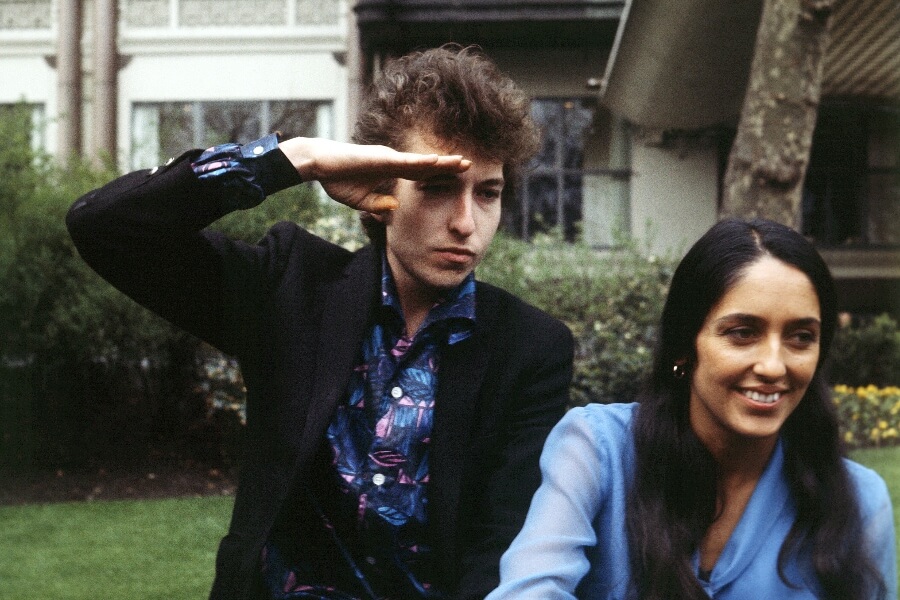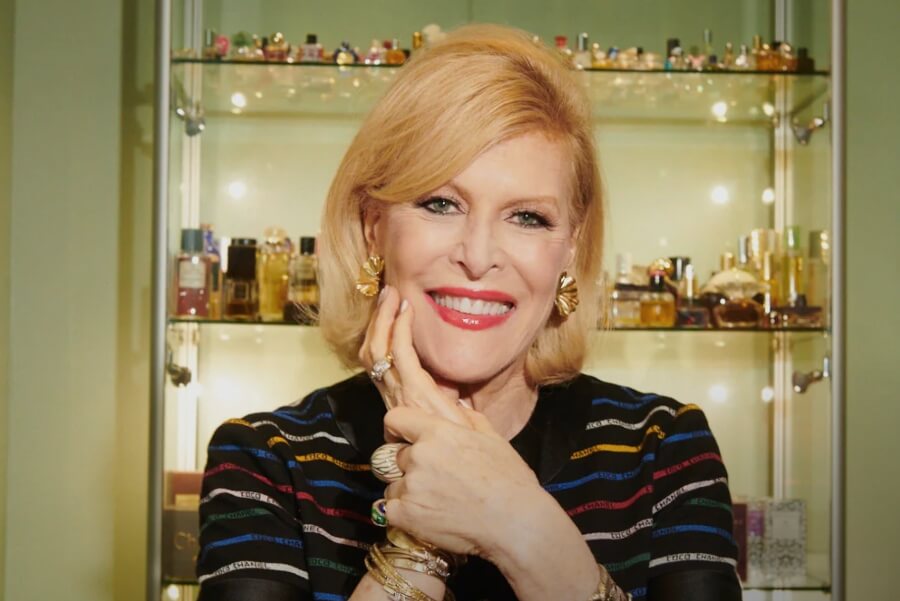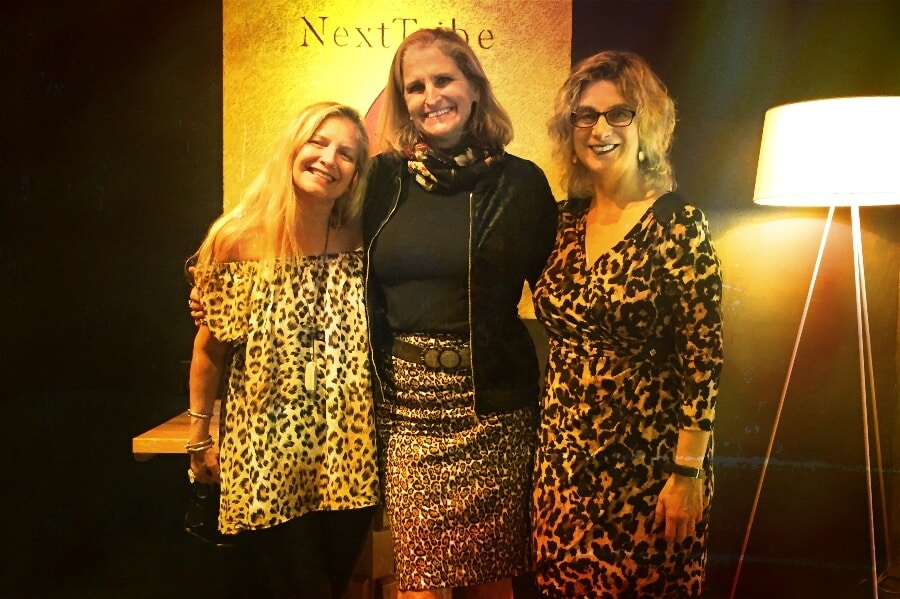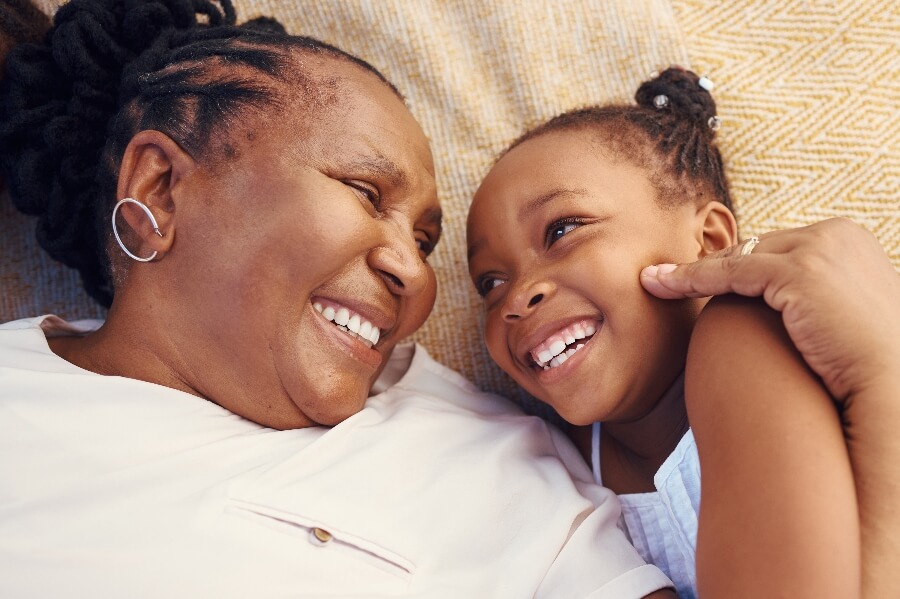Right now, the top selling, and performing, artists in the world are a couple of women. Congrats to Taylor and Beyonce. Then again, as my husband always says, “Our music was better.”
Yes, I know, I am turning into my mother, who used to extoll the virtues of Martin and Sinatra and others she grew up dancing to. (Though she did recognize the genius of Sam Cooke, and even as a young girl I swooned when he “sent” me) These days, I’ve been thinking about the songs that bring back my own growing-up memories, and then, recalling those that later made me believe I had grown up.
My musical memory binge began when I stared at the countless Sirius channels in my rented car.
My musical memory binge began when I stared at the countless Sirius channels in my rented car. Why I kept clicking on “50s and 60s Gold” made me feel embarrassingly—nostalgic? Well, as Joan Baez wrote in “Diamonds and Rust,” her blistering anti-love letter to Bob Dylan: “think of another name for it.” I literally found myself weeping with almost every song. There was “All In the Game,” by Tommy Edwards. My brother and I won the local radio contest by predicting a surprise leap up the charts for that song. We screamed when we heard our names announced and a few days later, our prize—45s of the entire Top 40—arrived on our doorstep.
And “Surfer Girl”!” That Beachboys song reminded me of the moment when the much older, and most popular tennis star, asked me to dance. Then I heard Pat Boone! Even I got a pair of white bucks. Bobby Darin! Splish splashing his way onto the charts. The songs were basically about crushes, itsy bitsy bikinis, wanting to be “Johnny’s Girl,” or at least meeting Johnny Angel. Hey, what else did we have on our minds?
Read More: Creating a Playlist for My Life: The Answer to a Lawyer’s Unexpected Question
Suddenly Searching for Seriousness

Bobby Darin: the author’s (occasional) date.
It is Darin’s story that sort of summed up how many artists eventually tried to make the transition from innocence to consciousness. When I met him, at a UCLA writing class, he was ROBERT Darin, putting that Mack guy aside and recording songs like, “If I Were A Carpenter” and “Simple Song of Freedom.” With long hair, mustache, in head-to-toe denim, he was flattered when I told him I respected what he was trying to do. So, he invited me to a movie. I remember not one word of “The Battle of Algiers.” We went out a few times, as he was living in a trailer near my bungalow.
Bobby Darin’s story sums up how many artists eventually tried to make the transition from innocence to consciousness.
Cut to a few years later, when I was doing an interview in a recording studio, and there was palpable excitement when someone announced, “Bobby Darin is down the hall!” And there he was, in a suit and tie, crooning about the guy with the knife. He saw me, came out of the booth, and when I asked what happened to Robert, he said, “they wouldn’t accept him.” He went back to filling “grown up” venues and died a few years later.
Darin bravely tried to join those who were singing and, more important, writing, about the times as they were a changing. The aforementioned Sam Cooke did the same, going from “Sweet 16” laments to wanting to become a black Dylan. Tragically, he did not live long enough to watch his song, “A Change Is Gonna Come,” become a virtual anthem. Lately, when I have an hour to myself, I turn to YouTube and watch/listen to my playlist: Baez, Paul Simon, Bob Dylan, Joni Mitchell, and yes, Lennon and McCartney, who, after all, went from wanting to hold our hands to urging us to “hear the news today, oh boy.” The songs are thoughtful, still powerful, and I feel so grateful that they were our storytellers.
The Great Unifier
Of course, this is generational, and I am thrilled that words sung by Beyonce and Taylor Swift are resonating with millions of young women. (Though you wouldn’t want to be Swift’s ex-boyfriend.) While I wonder if hip hop and rap will be instilling similar kinds of memories in future years, I have no doubt they are speaking for many now. It’s not really a question of whose was better, as long as the melodies and messages catch moments and engender emotion. Several years back, my husband and I were thrilled when our son asked to join us at what he called “old-chella” (a word play on the popular Coachella Music Festival) to see McCartney, Dylan, Neil Young, and the Stones. We didn’t have to convince him of anything. They did.
This may be more than hopelessly retro, by the way: it might even prove to be healthy. A friend recently told me about her brother, who has entered into early dementia. But something he remembers are his favorite old songs. “He literally knows every lyric, and that, in turn, brings him back into our conversations,” she told me. Nancy Pelosi last week went public with her love of the music she most listened to, from Dylan to The Dead: supplying a rallying point so many of us might be looking for in the country right now. She said,”[music] is a unifier. People forget their differences, they don’t even think of it. They laugh together, cry together, are inspired together, find common ground together and I do think that’s our hope.”
Prevalent and Relevant
John Prine left behind, arguably, the most beautiful song every written about aging.
Another reason that our music is feeling both prevalent and relevant, is that its makers are leaving us. I bought my first Peter, Paul and Mary album (and first picked up a guitar) when I heard “Early Morning Rain” in a Berkeley record store. I quickly became a fan of its writer, Gordon Lightfoot, who recently passed. When people ask my favorite concert, I immediately recall Dylan and the Band. Robbie Robertson just departed. David Crosby before that. (He’ll be part of a new documentary, directed by Robert Zemeckis, about him, along with Stephen Stills, Graham Nash, and Neil Young). Harry Belafonte, who joins the year’s list of those we lost, was about so much more than Day-O. Tina Turner may not have composed her own story, but somehow, we all heard it. Tony Bennett was of our parents’ generation: but he bravely attended Martin Luther King events and in his later years, was smart enough to try to bridge generation gaps with his duets.
Another singer-songwriter who died recently was John Prine. He left behind, arguably, the most beautiful song every written about aging. “Old trees just grow stronger, and old rivers grow wilder every day. But old people just grow lonesome, waiting for someone to say, hello in there.” When he left us, I sent Bette Midler’s heartbreaking rendition of that song to many. One friend noted, “leave it to Michele, to find the soundtrack of our lives.”
Hey, I’ll take that with pride.
Read More: Music for the Ages! Brandi Carlile, Judy Collins, Sheryl Crow, and Dolly Parton Team Up





















0 Comments